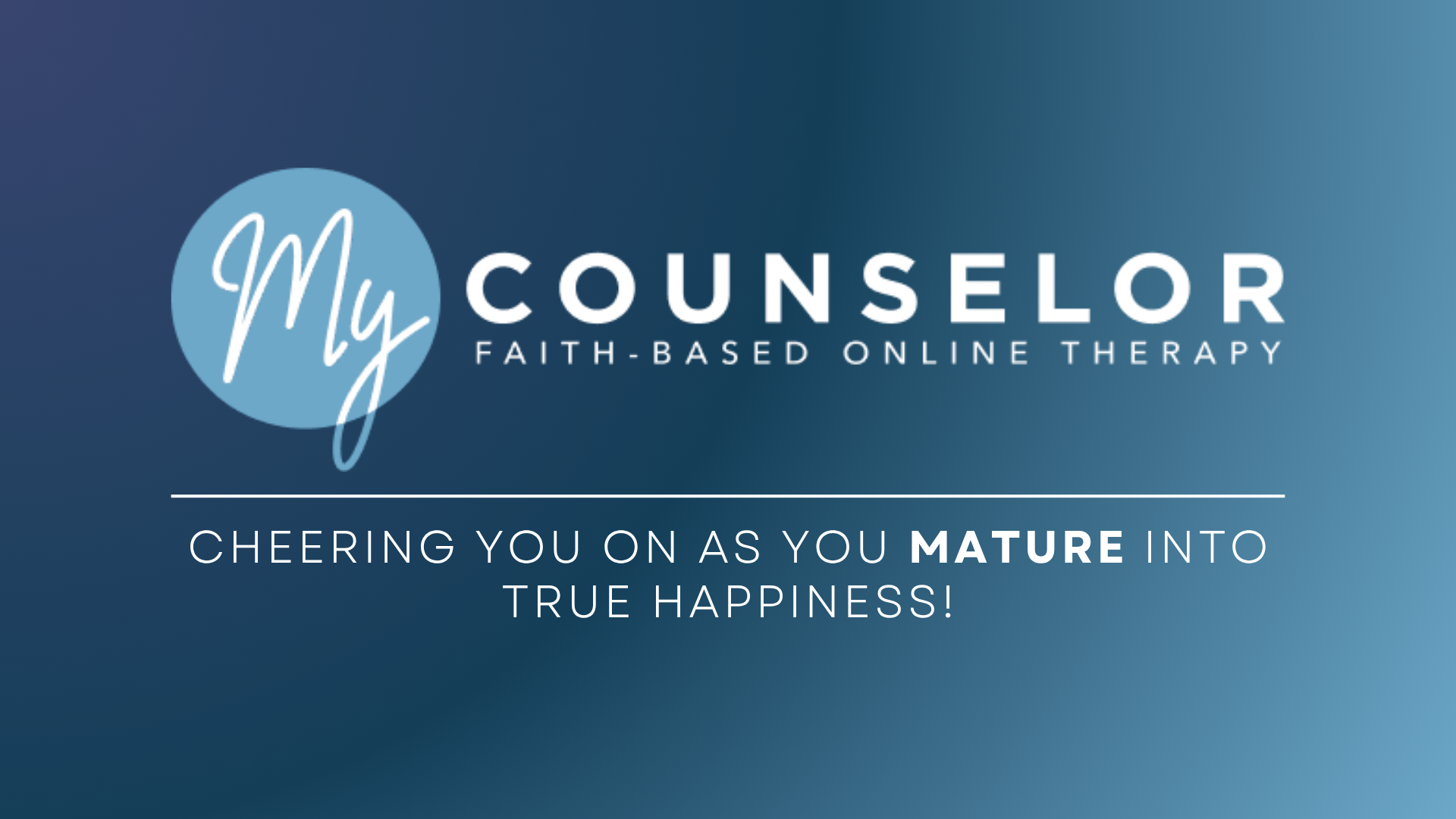Top 4 Stress Relievers that Could Be Stealing Your Peace
This article is based on scientific evidence and clinical experience, written by a licensed professional and fact-checked by experts.

Posted: March 7, 2022
Estimated reading time: 8 minutes
In This article
Google registers just under half a billion search results registered for “stress” in search components, half of these specifically covering ways to manage this stress. What can we gather from this information? More specifically, what can you do with it?
There are many excellent resources and methods of stress management, as you have probably discovered. It is difficult to choose the ones that are a fit for you among all these facts, topics and routine recommendations. As you think about what makes you feel connected and supported, think about a customized approach to your stress load. Not only a relief from the symptoms of stress but an invitation to greater peace.
Activation of our heart, mind and nervous system are meant to produce those feel-good emotions and help us hand the pink slip to our stressful sensations. However, just as quickly as our mind and body respond to those chemicals produced by such activities, there is a catch. As our bodies enjoy those activities and their effects even more, we often find ourselves overindulging in some aspects of them. Because it feels good, we continue to pursue one part of stress relief and can miss a powerful effect of other impactful points. Here are four of the top listed stress relieving activities and the ways to maximize their impact in your daily routine.
1. Exercise & Rest
Exercise – The American Heart Association and the National Mental Health Organization present activities and considerations aimed to reduce cortisol and increase endorphins, the stress relieving chemical we crave [i]. For those twenty to thirty minutes after a good workout our brains and bodies feel relief and balance.
Rest – The counterbalance to great workouts is rest. We often ignore the powerful impact of physical rest because we become so enraptured by the endorphins themselves and we can’t wait to get more. However, rest allows our whole system a chance to replenish on a molecular level, building healthy tissues and chemicals [ii] Resting between workout days or physically demanding job duties is critical to allowing the body and mind to replenish nutrients and generate the right chemicals responsible for supporting healthy growth and, you guessed it, stress relief is a byproduct of those chemicals. If we do not allow time for that rest, the body does not have a chance to replenish those chemicals and becomes even more depleted, adding to fatigue and emotional distress levels.
2. Music & Silence
Music or Calming Sounds – “If only the whole world could feel the power of harmony”, Wolfgang Amadeus Mozart [iii]. The peaceful atmosphere we create through music is a powerful point of access to tranquility, passion, hope, and memory. Science has long proven the calming and uplifting benefits of music to the mind and increasing its access to the creative side of the brain and lowers blood pressure [iv]. Thanks to the digital device this gift of creative access and stress reduction is available nearly 24/7. However, a powerful element of music itself can often be missed in our attempts to access the soothing tones.
Silence – The balance of silence, or rests, is what crafts the cadence and mood of the tune. With the right balance of sound and silence the melody becomes energizing or soothing, but without the white space of silence the individual notes cannot be distinguished; our brains only hear a continual maze of noises. So, consider silence in a daily routine in the same way. The available quiet spaces in our noisy lives can provide balance for the richness of the last conversation or the inner thought to surface and be fully appreciated without being lost in the next one, strengthening our ability to process events and emotions in a healthy way.
3. Social & Alone Time
Social Connections – Building friendships and sharing meaningful experiences with others is an important aspect of stress management. Psychology Today cites social connection and belonging are integral to combatting stress and our mental-emotional wellbeing is exponentially impacted by relationships and interaction [v]. However, the time between coffee dates and game days can be just as impactful.
Alone –Allowing yourself time to listen to individual thoughts and process the information in conversations that you have received or experiences we had together are important in receiving the benefits of those relationships. Dr. Seppala, the Science Director of the Center for Compassion and Altruism Research and Education at Stanford University, shared recently that our sense of connection with others is internal and not necessarily that we are in the presence of or in conversation with others continually [vi]. Feeling connected while away from and participating in connection with others both provide the internal benefits of sense of belonging, community and understanding which lower stress. So, in our discussion here, allow yourself time to be alone. Times of solitude are valuable moments for the brain’s ability to connect, process and orient itself to the information and input that has been collected throughout the day.
4. Structure & Spontaneity
Organization and Planning – Often Benjamin Franklin’s mantra “failing to plan is planning to fail” resounds in our work culture and the demands of career, family and homelife [vii]. The development of a strategic approach to accomplishing daily tasks and prioritizing personal needs in a concrete way has proven highly effective as a means of lowering stress levels in many individuals. Organization of our environment and schedule into “bite sized” achievable steps can clear our minds and make the decisions we have to navigate in the day more accessible and enjoyable [viii].
Creativity and Spontaneity – By the same token, as helpful as it is to find extra brain power from less searching and choosing, the impact of creativity and spontaneity in our lives are as key to lowering stress. As much as children and adults benefit from healthy routines, engaging in creating art or deviating from the normal plan can allow a much-needed burst of energy and enjoyment and, you guessed it, stress relief. Medical research cited in Psychology Today also notes the impact of creating something by hand, “Whether it was a cake, a home improvement project, a garden, or a scrapbook,” as significant in adding genuine satisfaction to our lives [ix]. Messes speak of life in a kitchen and a little spontaneity can spark the fun in relationships and create a perfect antidote to stressful seasons.
A Parting Thought
A parting thought to consider, complete control is not the same thing as peace.
Offer yourself some grace today and enjoy the puddles and rainbows along the road.
Back to topThis article is based on scientific evidence and clinical experience, written by a licensed professional and fact-checked by experts.
About the Author

Mary Faxon
Mary Faxon, MA, MA, LPC-MHSP has a Master of Arts in Clinical Mental Health Counseling and a Masters in Organizational Leadership. She is a licensed professional counselor with mental health service provider designation (LPC-MHSP), holding her license in TN.
Learn More About MaryIn This article
References
- [i] American Heart Association (2014, June 1). “3 Tips to Stress Management”
- [ii] NCBI (2018, April 26). An Evidence-Based Approach for Choosing Post-exercise Recovery Techniques to Reduce Markers of Muscle Damage, Soreness, Fatigue, and Inflammation
- [iii] Ideal Hearts (2020). “If Only The World Could Feel the Harmony”
Share this article
View more articles

Navigating Conflict and Reconciliation with Adult Children: Practical Tips for Parents
By: Danielle Schaefer







